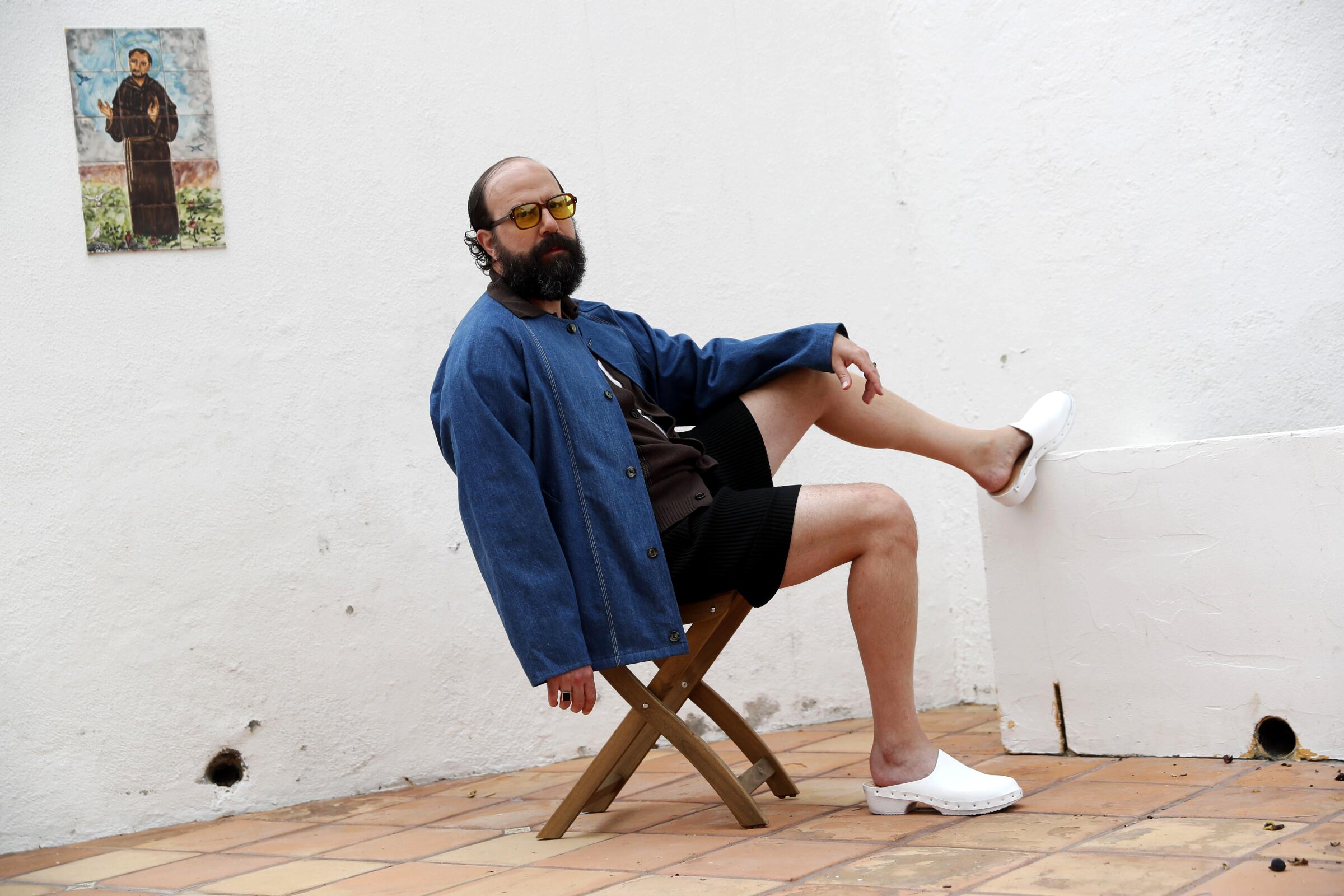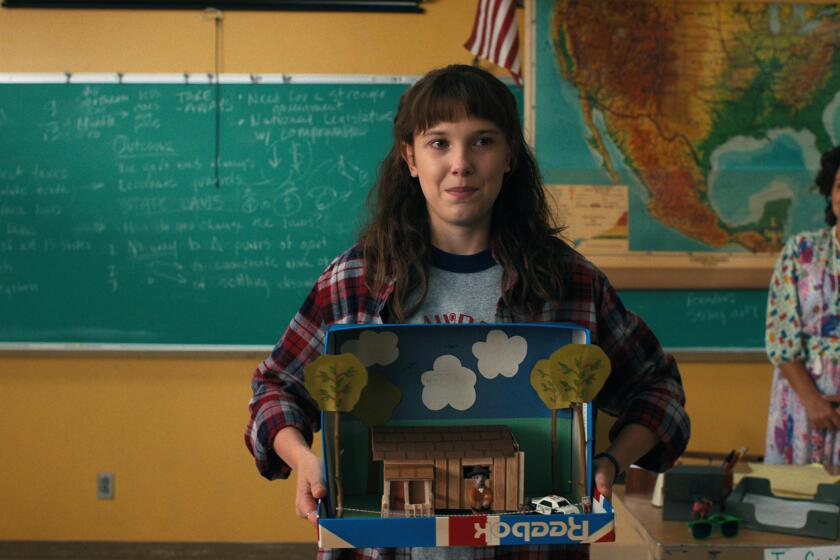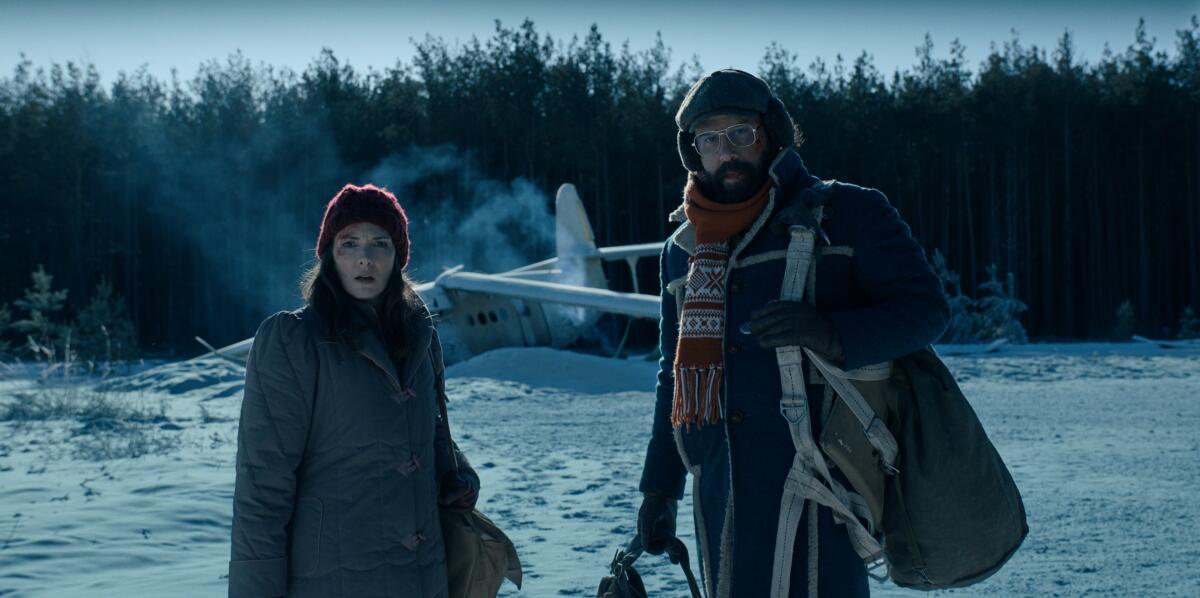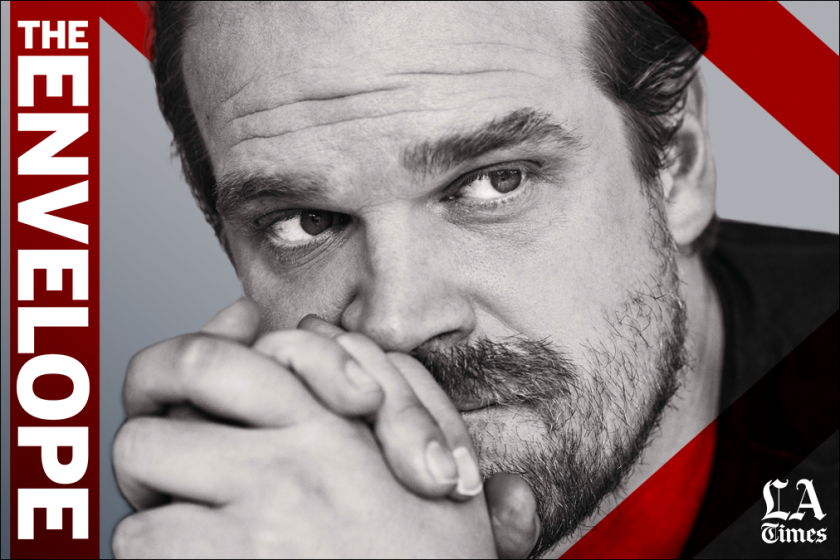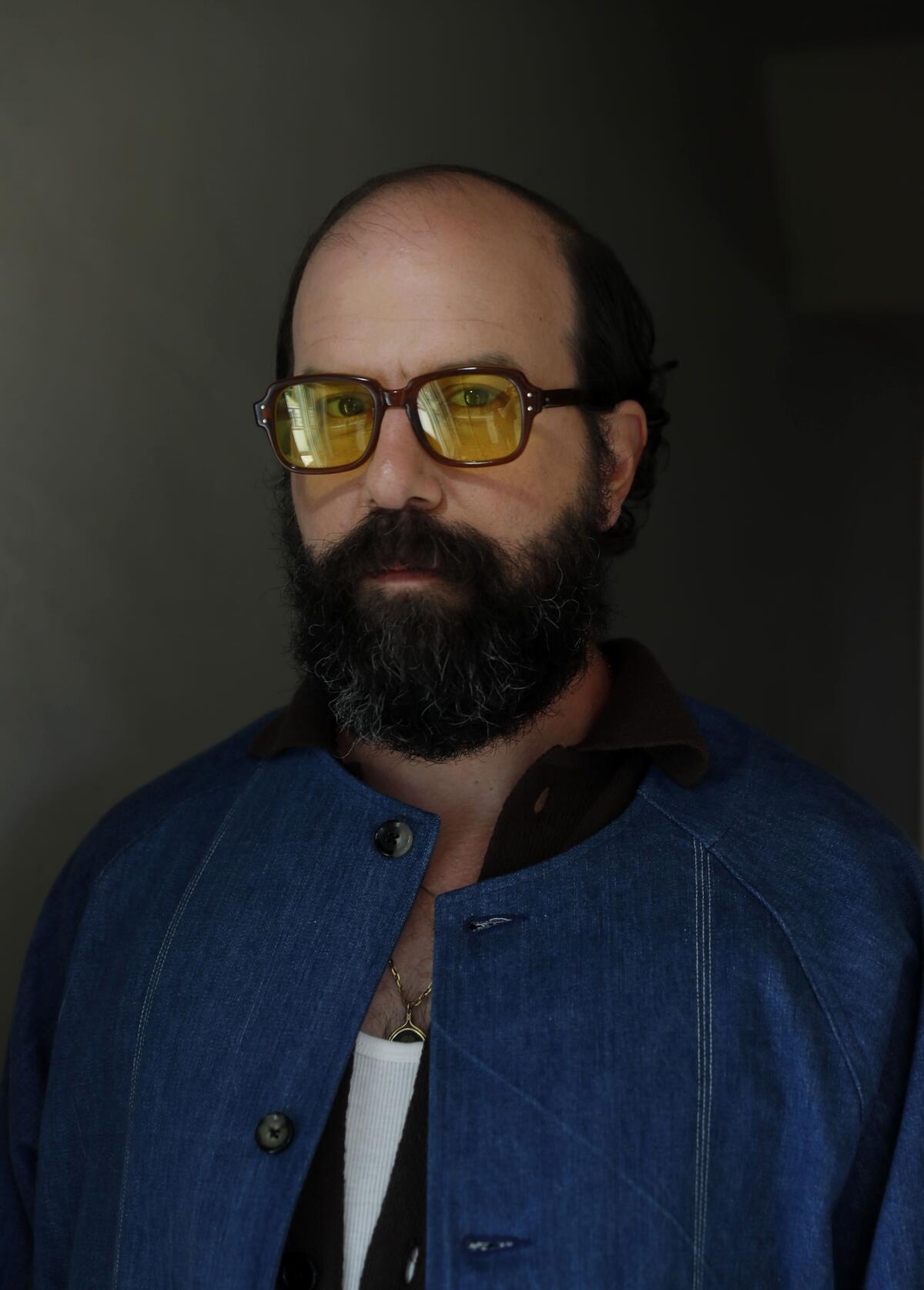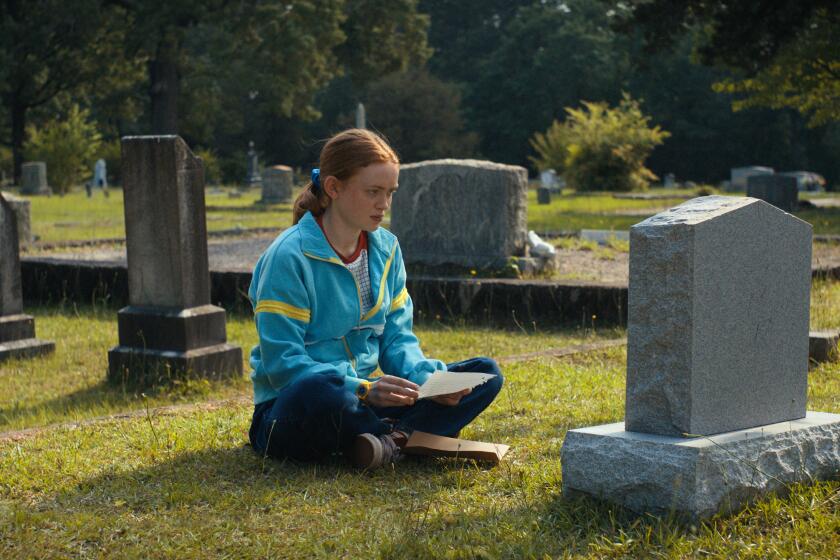The complete guide to home viewing
Get Screen Gab for everything about the TV shows and streaming movies everyone’s talking about.
You may occasionally receive promotional content from the Los Angeles Times.
Lorraine Ali is news and culture critic of the Los Angeles Times. Previously, she was television critic for The Times covering media, breaking news and the onslaught of content across streaming, cable and network TV. Ali is an award-winning journalist and Los Angeles native who has written in publications ranging from the New York Times to Rolling Stone and GQ. She was formerly senior writer for The Times’ Calendar section where she covered entertainment, culture, and American Arab and Muslim issues. Ali started at The Times in 2011 as music editor after leaving her post as a senior writer and music critic at Newsweek Magazine.
